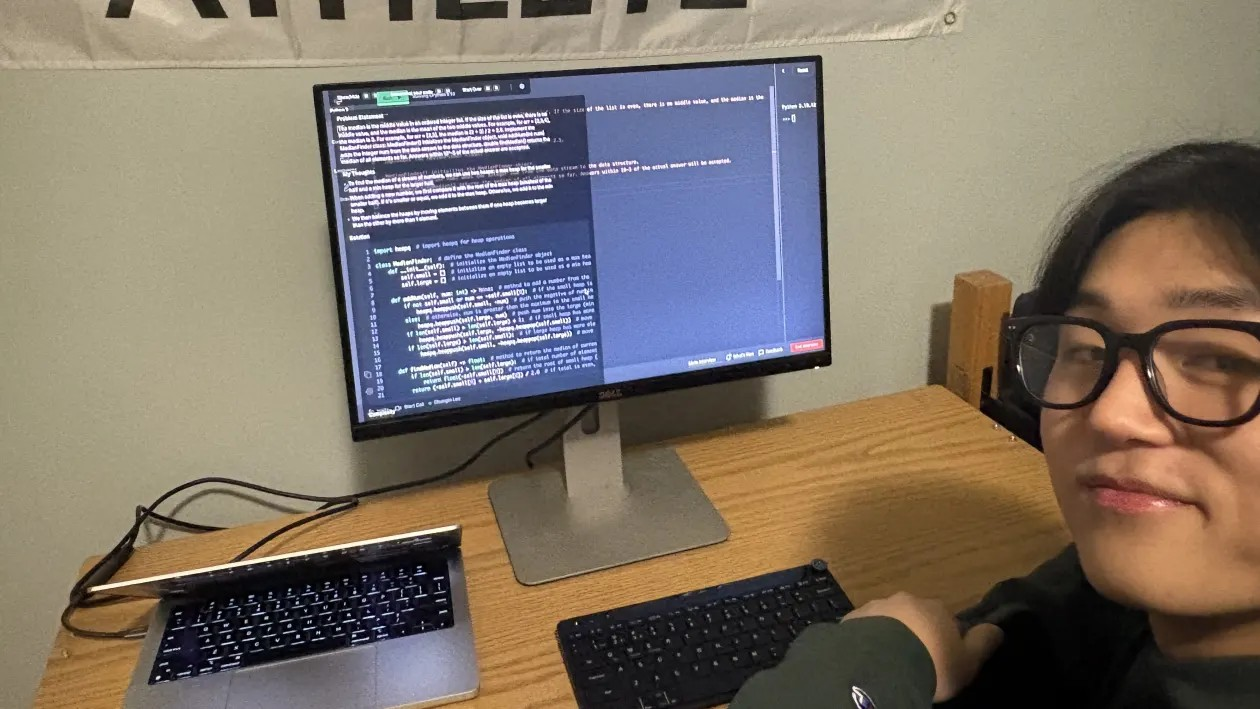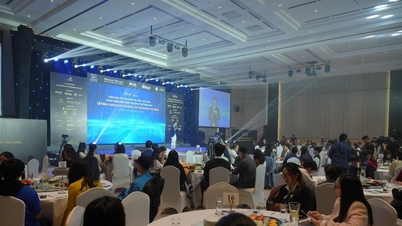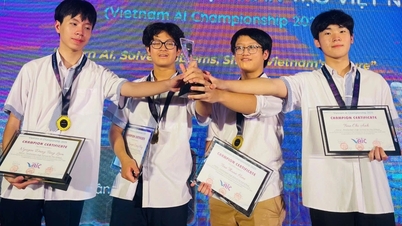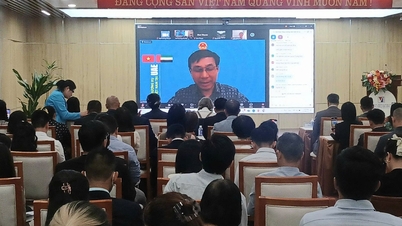After being offered internships by Amazon, Meta, and TikTok, Chungin “Roy” Lee, a 21-year-old computer science student at Columbia University, decided to move to San Francisco, but not to accept the offers.
Instead, Lee launched a startup, Interview Coder, that offers a unique service: helping software engineers cheat in technical interviews. The fact that he aced his interviews is a testament to the tool’s effectiveness.
According to CNBC , Columbia University is looking to discipline Lee.
Lee believes that everyone is programming with AI these days, to some extent. He is among a growing number of professional programmers looking to exploit the vulnerability of online interviews, which have become popular since the Covid-19 pandemic, using AI tools to ensure the best possible answers.

Lee’s tool is based on generative AI models that can write code, edit code, and explain the results in detail to candidates. The AI analyzes both oral and written questions and writes code on the fly. The process is fast and real-time.
Most importantly, the interviewer is completely unaware that the candidate is cheating. According to Interview Coder’s website, the tool is immune to software detection features available on Zoom or Google Meet.
Since ChatGPT launched in late 2022, tech companies have laid off tens of thousands of programmers while boasting about using AI to code. For example, in October 2024, Google CEO Sundar Pichai told investors that more than 25% of the company's new code was written by AI.
CNBC commented that the combination of rapid advances in AI, mass layoffs, and a hybrid working world between physical and online has created a conundrum for employers.
They claim to disqualify candidates found to be cheating and also expressed exhaustion in determining whether candidates used AI or not.
The issue was so acute that Google employees raised it at a meeting in February, where Mr. Pichai suggested hiring managers return to the more time-consuming format of in-person interviews.
He also believes it will help candidates understand the company culture.
Detecting cheating is a real mind game. Interviewers look for signs like sideways eye movements, reflections in eyeglasses, or lingering hums and hums.
There are times when a candidate gives a perfect answer but fails to describe the work process.
It’s getting harder to tell if someone is cheating, says Henry Kirk, a software developer and co-founder of Studio.init in New York. Technology has gotten smart enough that users don’t need to move their eyes to see the answer.
Kirk hosted a virtual programming challenge for engineers in June 2024. 700 people signed up, but in the first round of interviews, he said more than 50% cheated.
In addition to Interview Coder, software engineers also turn to programs like Leetcode Wizard and ChatGPT. Kirk is considering switching to in-person interviews, even though he knows it will limit the pool of good people. “The problem is I don’t trust the results as much anymore,” he admits.
According to Brian Ong, Google’s vice president of recruiting, AI candidate fraud is a problem that “all of our competitors are looking at.” Other companies have changed their hiring processes to prevent it.
Deloitte is reintroducing face-to-face interviews for its graduate and apprenticeship programmes in the UK, according to a Financial Times article in September 2024.
Anthropic, the maker of the AI chatbot Claude, issued new guidelines in February asking candidates not to use AI assistants in the hiring process. Amazon requires candidates to confirm that they are not using unauthorized tools in the interview and assessment process.
Despite the controversy among recruiters, Lee's tool has been well received by many. Hundreds of complimentary comments appeared under the Interview Coder promotional video .
“As an interviewer, I was furious, but as a candidate, I admired Lee,” former Meta engineer Yangshun Tay, co-founder of startup GreatFrontEnd, wrote on LinkedIn. “Cheating is not right, but I am tired of these stupid algorithm interviews.”
Interview Coder costs $60 a month. Lee says the startup is on track to make $1 million a year. Leetcode Wizard, meanwhile, charges $53 a month for its Pro version. More than 16,000 people use the app.
According to Lee, if companies want to advertise themselves as leaders in AI, they should encourage candidates to use AI. Asked if he was worried about software engineers losing faith in the technology industry, the 21-year-old student mumbled.
“Any company that is slow to respond to market changes will be hurt, and it is their fault. If there are better tools, it is their fault for not switching to better alternatives to survive. I do not see fault in a company for not being able to adapt.”
(According to CNBC, FT)



![[Photo] Editor-in-Chief of Nhan Dan Newspaper Le Quoc Minh received the working delegation of Pasaxon Newspaper](https://vphoto.vietnam.vn/thumb/1200x675/vietnam/resource/IMAGE/2025/9/23/da79369d8d2849318c3fe8e792f4ce16)
![[Photo] Prime Minister Pham Minh Chinh chairs the 14th meeting of the Steering Committee on IUU](https://vphoto.vietnam.vn/thumb/1200x675/vietnam/resource/IMAGE/2025/9/23/a5244e94b6dd49b3b52bbb92201c6986)
![[Photo] The 1st Congress of Party Delegates of Central Party Agencies, term 2025-2030, held a preparatory session.](https://vphoto.vietnam.vn/thumb/1200x675/vietnam/resource/IMAGE/2025/9/23/e3a8d2fea79943178d836016d81b4981)
![[Photo] General Secretary To Lam meets voters in Hanoi city](https://vphoto.vietnam.vn/thumb/1200x675/vietnam/resource/IMAGE/2025/9/23/d3d496df306d42528b1efa01c19b9c1f)






















































































Comment (0)